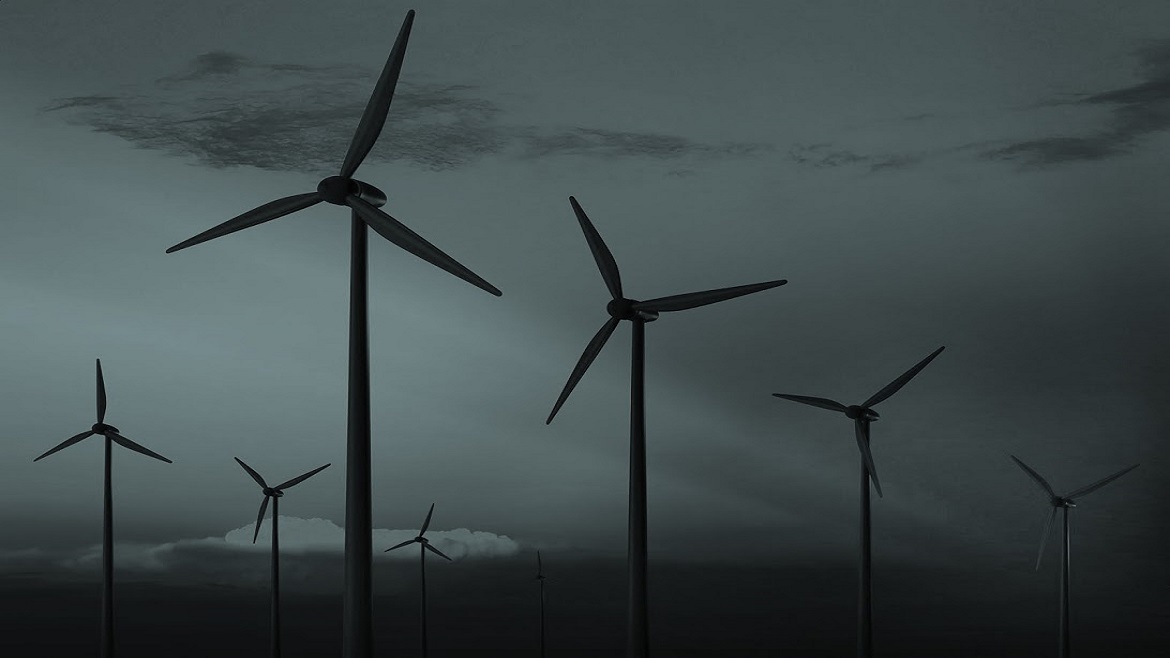There are significant financial and environmental benefits to be gained from being efficient with the resources that we use. The principles of a circular economy have the potential to be an extremely effective way of driving this resource efficiency, at local and international levels and across different industry sectors.
In early December the European Commission adopted a new Circular Economy Package to help European businesses and consumers make the transition to a stronger and more circular economy where resources are used in a more sustainable way. This package provides a good start in terms of setting the ambition for resource efficiency that goes beyond just minimising waste to landfill.
We at National Grid are doing our bit, for example by reprocessing old aluminium conductors to make new ones. This delivers financial savings and reduces our reliance on new materials. But we continue to face challenges in overcoming the current regulations and incentives, which have done little to encourage us to do more.
The need for standards and markets for secondary materials
Therefore, this new package is to be welcomed. However, there is still plenty of opportunity to go further. We would welcome clearer standards for the quality of secondary materials. We would also welcome the establishment of markets for these secondary materials, as well as more coherent rules governing when they don’t need to be classified as "waste" and can be reused.
If our suppliers are to re-use material without compromising the high levels of reliability required of our energy networks, we need to know that it is fit for purpose and have access to it. The most cost-effective and environmentally beneficial use of our "old" aluminium conductors is to re-use them elsewhere as conductors; however, there is no market as such for "old" conductors, and there are no standards that apply. There is a real opportunity here to unlock financial savings and improve the resilience and competitiveness of our economy.
Hence, the Commission needs to build on the good high-level objectives and principles it set out in early December in its Circular Economy Package. It needs to make sure that the detail of its proposals on product design and quality standards, as well as on waste classification, will help genuinely drive resource efficiency across all parts of the European economy—and make this package a long-term success.
The views and opinions expressed in this article are those of the authors and do not necessarily reflect the views of The Economist Intelligence Unit Limited (EIU) or any other member of The Economist Group. The Economist Group (including the EIU) cannot accept any responsibility or liability for reliance by any person on this article or any of the information, opinions or conclusions set out in the article.




